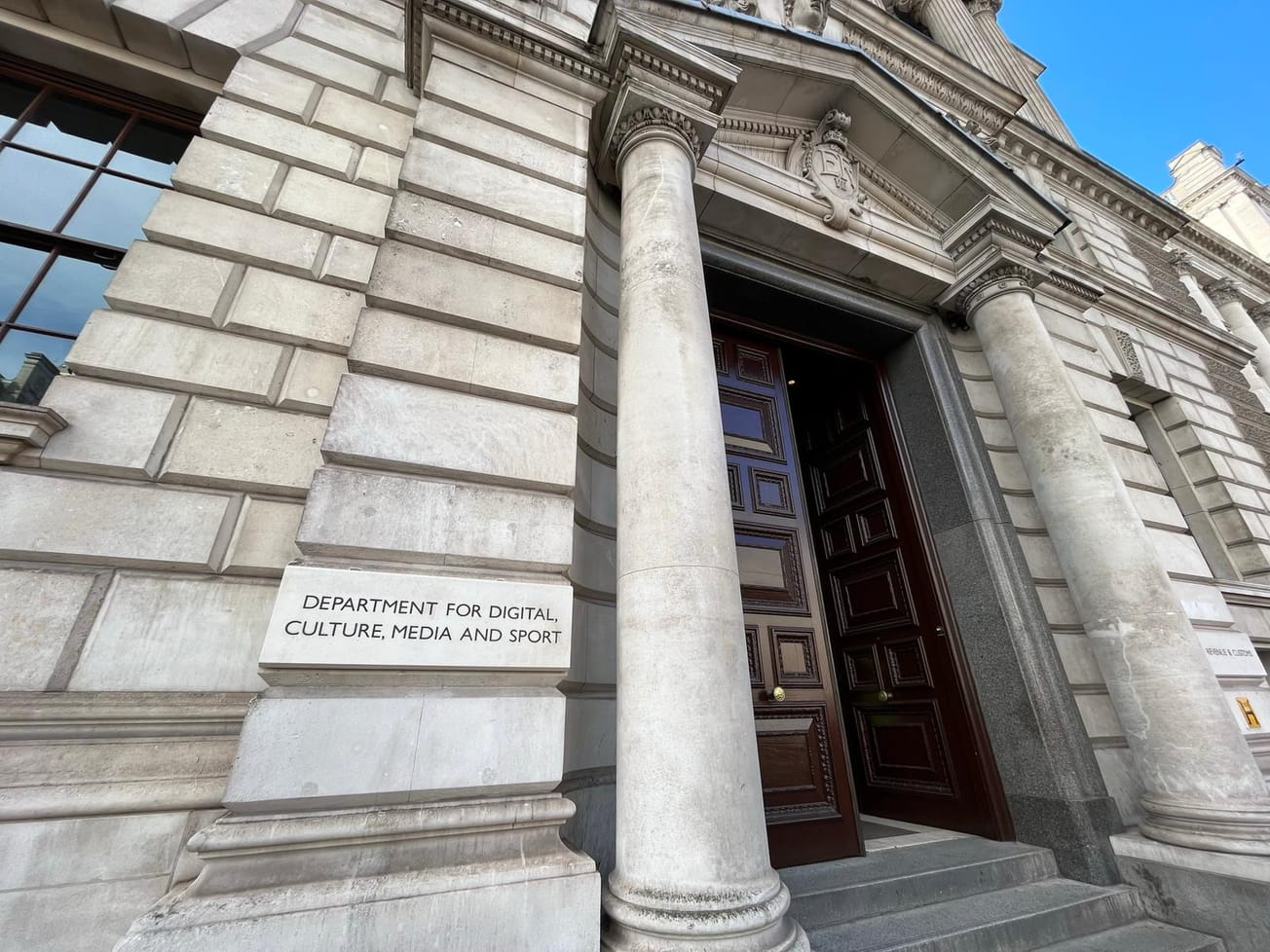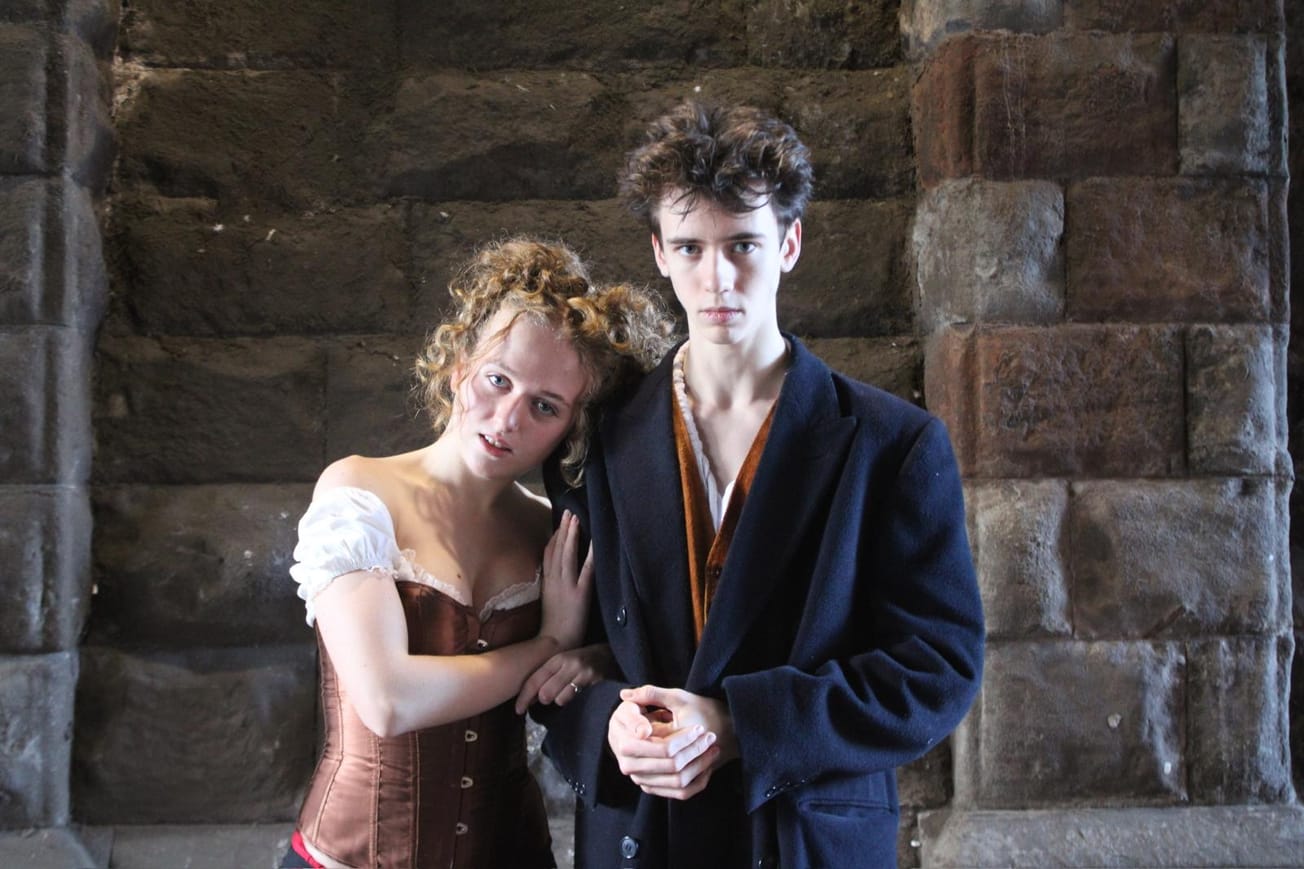By Amaan Ali, First Year Philosophy and Politics
The passing of Queen Elizabeth II marks the end of an era and the beginning of a period of cultural shift. As Britain’s longest-reigning monarch, the current generation of students and many before them have known no other royal figurehead.
Bristol paid its respects to Her Majesty as tributes poured in from across the city and the University community. Locals from across the political spectrum came together to express their sentiments in response to a Bristol Live obit, with one local commenting ‘I’m not a royalist but Queen Elizabeth was a special, amazing lady and hasn’t put a foot wrong. RIP Elizabeth’.
The city observed a national moment of reflection on Sunday 18th September, as the Lord Lieutenant of Bristol and the Dean of Bristol led a minute’s silence at City Hall. The Queen’s funeral was screened the following day across several Bristol venues, including churches and Vue cinemas, providing a communal space for mourners to say their final farewells to the monarch. Two official condolence books were also available to sign at City Hall and Bristol Cathedral, where Bristolians and students alike could leave messages of respect in Her Majesty’s honour.
The Queen made her mark upon the University of Bristol on a number of occasions. Notably, she opened the Queen’s Building in 1958, making a speech about Bristol’s engineers of the future: ‘We still need in this country people with extensive interests and well-stocked minds who have wisdom and judgement to see how best the great scientific discovery can be used for the benefit of mankind’.
She returned ten years later to open the Meat Research Institute and view the work of the Bristol Veterinary School—it was reported that her visit to Langford House overran by an hour due to her love of horses. In 1995 she officially opened an extension to the Dental School. In 2005 she returned to the city to open the £18.5 million research facility BLADE (Bristol Laboratory for Advanced Dynamics Engineering), accompanied by the late Prince Philip.
The University of Bristol’s Vice-Chancellor Professor Evelyn Welch paid tribute to the Queen, stating: ‘The University of Bristol is deeply saddened to hear of the death of Her Majesty the Queen. Throughout her long life, Her Majesty has been an important figurehead for the UK and the Commonwealth during times of enormous social change’.
She went on to say ‘She has devoted so much of her life to public and voluntary service, from opportunities for young people, to the preservation of wildlife and the environment, and her sense of duty has been remarkable. Our thoughts are with the Royal Family at this very sad time’.
Although the University’s Welcome Week went ahead as planned, the timings of Monday’s SU events were altered to allow staff and students the ability to attend memorial services across the city. Entrance to many University facilities was also prohibited, with all libraries, study centres and sports facilities closing for the day of national mourning. The Monarch’s funeral was screened in the Winston Theatre for students to watch the ceremony, and a book of condolence was made available to sign in Senate House for students wishing to pay their respects. In an email to students, the University offered guidance and advice to those travelling to Bristol and detailed the support in place for those affected by her death.
In a period fraught with economic uncertainty, the death of Her Majesty Queen Elizabeth II and the subsequent mourning period will undoubtedly have a deep impact upon Britain’s increasingly unstable spirits. Having guided the United Kingdom through many milestones of social change and progress, royalists across the nation are now looking to His Majesty King Charles III to continue the service to the country for which many will fondly remember his mother—as a beacon of history, an enormously influential figurehead, and a symbol of stability in national life.
Featured Image: Unsplash / Nick Fewings
What long-term impact will the death of Queen Elizabeth II have upon the University of Bristol community?








